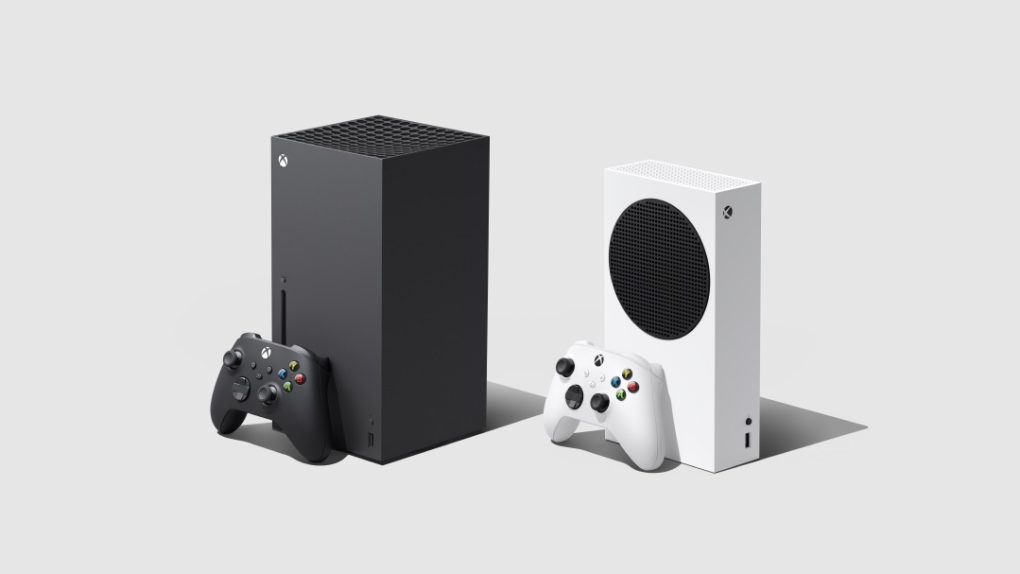- Microsoft has updated its console privacy policy a week before the new Xbox Series X and Series S start selling online.
- The company said it is enhancing privacy by no longer collecting voice search data or speech-to-text data, and that it will let gamers share additional data only if they choose to do so.
- All Xbox consoles will continue to collect required diagnostic data that helps Microsoft improve the Xbox experience and correct issues. The changes will go into effect immediately on the Xbox One and on launch day on the 2020 models.
Microsoft is about to start selling its newest consoles, with Xbox Series X and Series S preorders set to start on September 22nd. But before that happens, Microsoft wanted to let fans know that the Xbox will protect your privacy even better than before, with the company making several changes its Xbox data collection practices. Privacy continues to remain a hot topic for tech giants, including the ones who need to collect as much user data as possible to improve their products or sell ads. Microsoft is no stranger to annoying privacy settings, but we’ve come a long way from the early days of Windows 10, which slyly collected plenty of user data in its initial versions. Microsoft is reminding Xbox users that it has committed to increasing transparency and control when it comes to the collection of user data, and the same principles will apply to gaming on an Xbox.
From now on, Microsoft plans to give users more choice over the data that gets passed on to the company. The Xbox will tell you what sort of required diagnostic data is collected and how Microsoft plans to use it to improve your experience. Microsoft says it could benefit from extra data, but it will be up to the user to share “additional, optional diagnostic” info.
When users sign into their Xbox One consoles, they’ll receive an overview of the required diagnostic data. Xbox Series X and Series S buyers will get the same prompt once the consoles start shipping. Here’s what required diagnostic data will include:
- Details of errors that might hamper the console’s ability to run games and apps
- Details of console setup success and failure to diagnose issues that would keep you from using the console
- Details of software update success and failure, as well as other console errors
Microsoft says the data helps keep the console and games up to date, maintains safety and security, and it helps the company troubleshoot problems.
The company also says that it will no longer collect data from voice search and speed-to-text conversion. “We have determined that this information is not what we need to accomplish that mission,” Microsoft says, implying it should never have collected that data to begin with.
Should you wish to share more data with Microsoft, you’ll be able to do so from the console’s settings. The optional data can include actions you take while using the console, “enhanced error reporting,” and console performance data. These privacy settings can be changed at any time, and you can adjust these settings on your account or a family member’s account if you have access. Here are the privacy menus you’ll have to look for to control data collection:
- To change your own optional diagnostic data sharing settings: From the Home screen, press the Xbox button on your controller to open the guide. Then go to Settings > Online safety & family > Privacy & online safety > Data collection.
- To change a family member’s optional diagnostic data sharing, as the organizer of a Microsoft family group: Go to Online safety & family > Family settings > Manage family members. Select a family member, then select Privacy & online safety > Data collection.
- To change the console’s optional diagnostic data sharing for times when no one is signed in: Go to Settings > System > Console info > Allow optional data collection.
A support document addressing Xbox privacy concerns is available at this link.








